SYNAPSES Evaluated Resources
On this page you can find all resources that have been identified and evaluated by the SYNAPSES consortium. Are you looking for resources specifically for you? Use the filtering system on the left.
For a description of the Aims and Learning Outomes (LO) refer to this page.
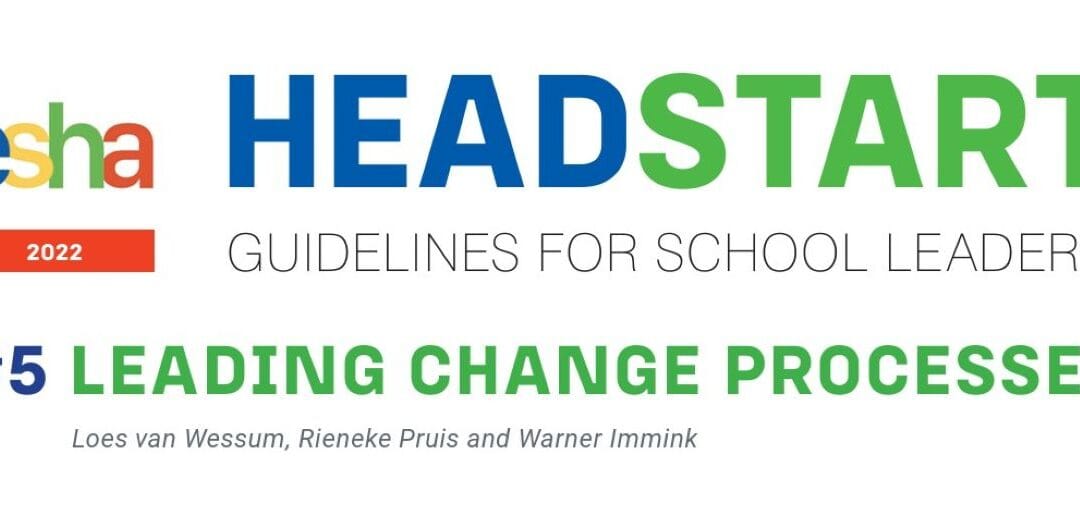
HEADstart 5: Leading Change Processes
Let’s Get Started is a collection of tools & stories to apply the ideas of Doughnut Economics to your community.
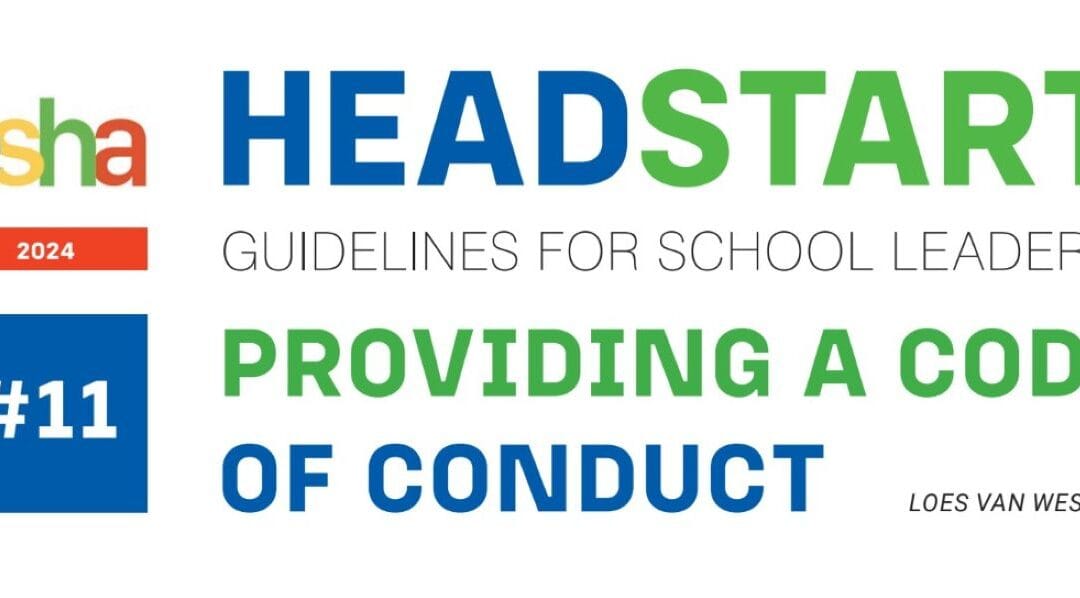
Headstart 11: Providing a Code of Conduct
This HEADstart guide from ESHA provides guidance to school leaders on how to build a safe space for a staff team and how to have the right conversations with each other.
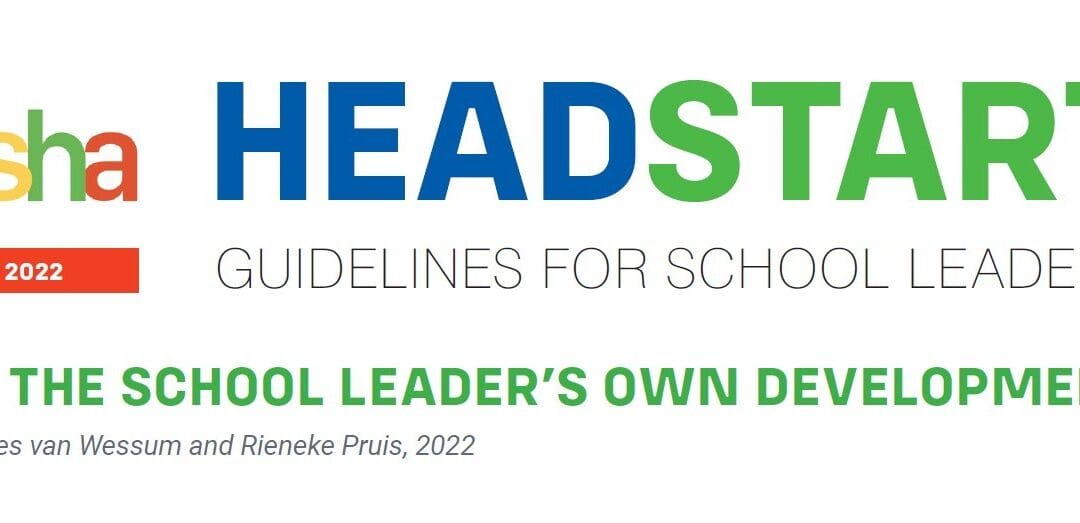
HEADstart 1: The School Leader’s Own Development
This Headstart gives answers to two questions likely to be asked by school heads:
How do I ensure that I keep on learning?
How do I set a good example as a learning school leader?
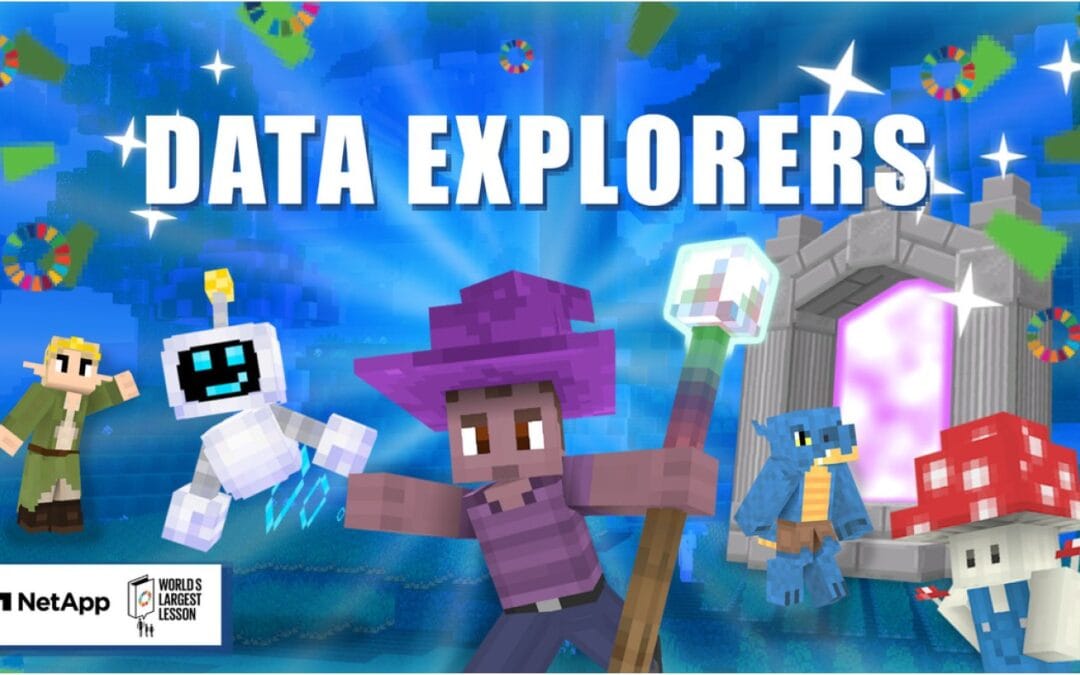
Data Explorers: Minecraft Education
Data Explorers is an action-packed learning experience on Minecraft Education, using data skills to protect our planet. Created by World’s Largest Lesson in collaboration with NetApp, the online game lets students use their skills to travel through portals, battle minions, and restore vital knowledge to protect Planet Earth.
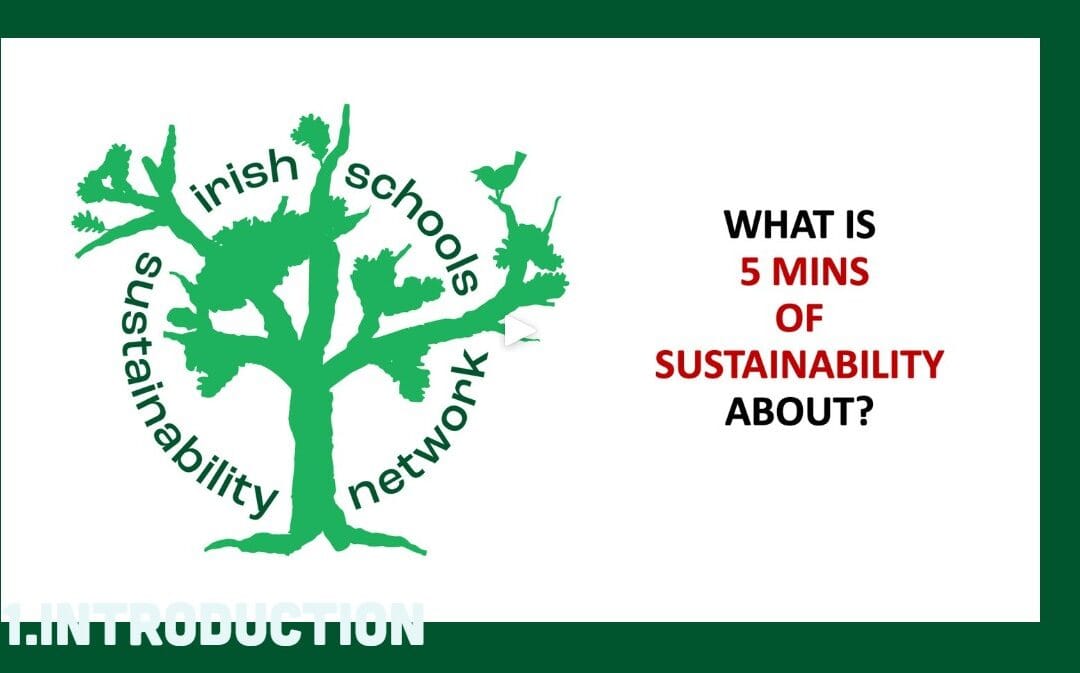
5 Minute Sustainability
This series of impactful student-led videos can stimulate interesting discussions, create awareness and empower schools to tackle the climate and nature emergency. Each video is on a new topic and highlights feasible, actionable steps to combat climate change, manage energy, reduce waste and improve biodiversity in your schools.
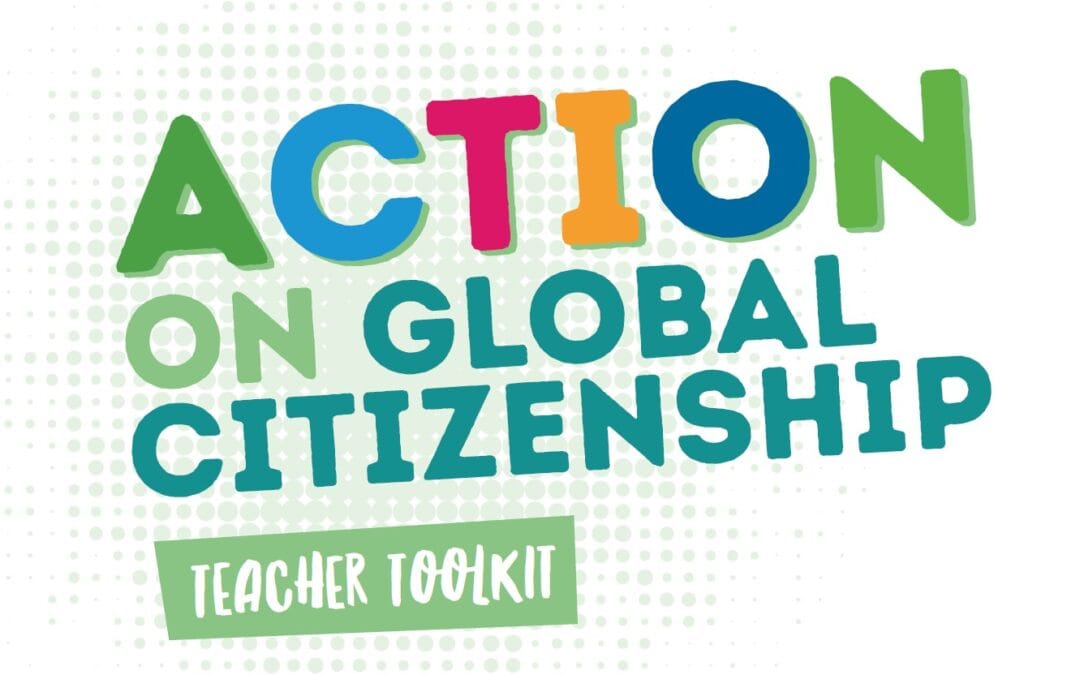
Action on Global Citizenship
Action on Global Citizenship – A Toolkit for Teachers will support educators to empower their students to become active global citizens in their schools and communities, with a range of activities and resources which align with the National Curriculum whilst using active learning methodologies in an engaging and fun way.
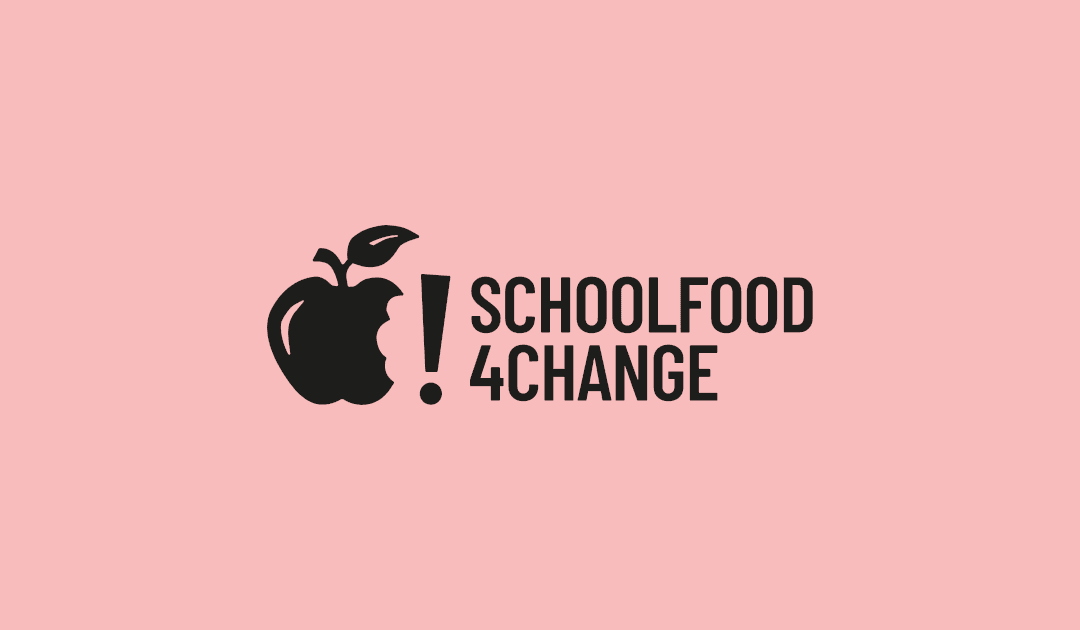
Inspiring Whole School Food Approach Across Europe
The Whole School Food Approach aims to transform schools across Europe by reshaping students’ relationship with food. It goes beyond healthier meals, helping students understand where food comes from, how it’s produced, and its importance for their health and the planet.
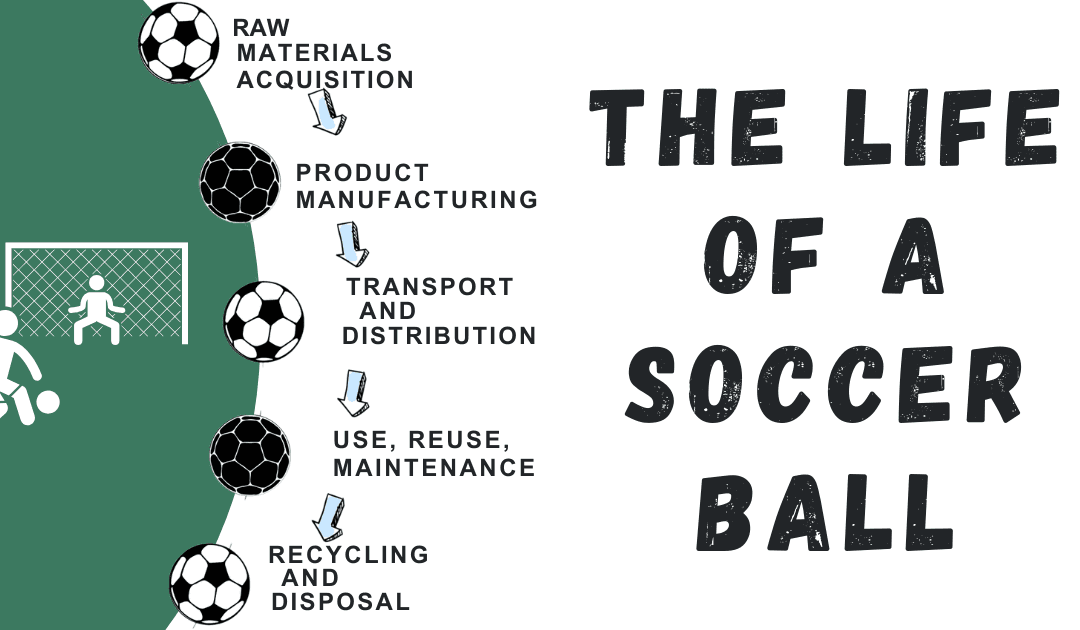
The Life of a Soccer Ball
This EPA document traces the lifecycle of a soccer ball, from material extraction to disposal, highlighting environmental impacts and promoting sustainable practices among students.
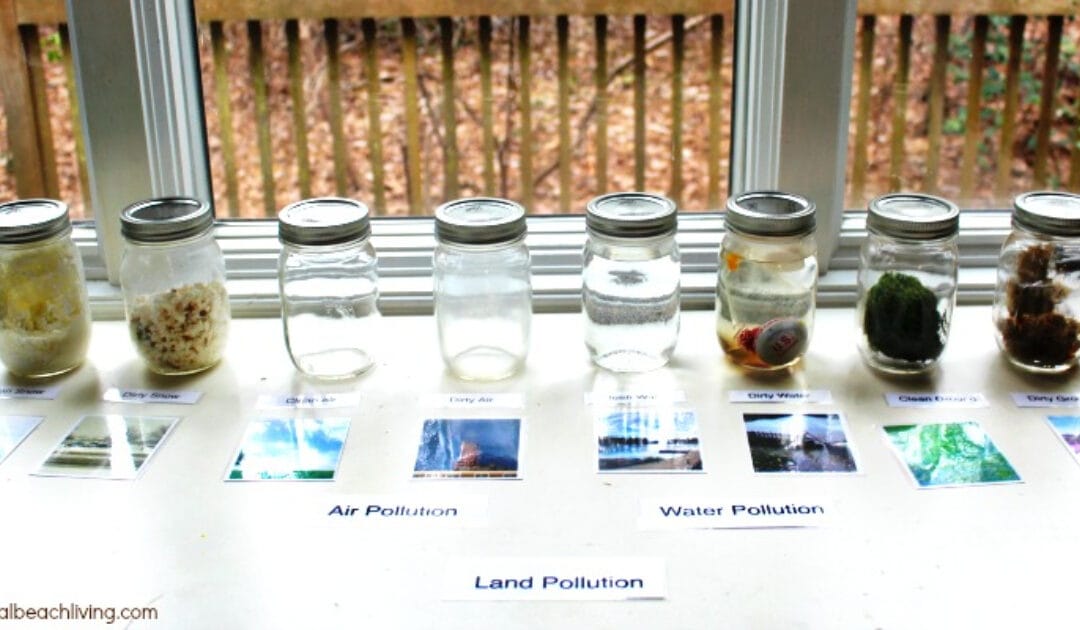
How clean is our air?
“How Clean Is Our Air?” is a learning scenario designed for students aged 9-11, focusing on understanding air pollution, its sources, and impacts. Over nine learning units, students investigate pollution causes, measure air quality, and design prototypes to improve air conditions.
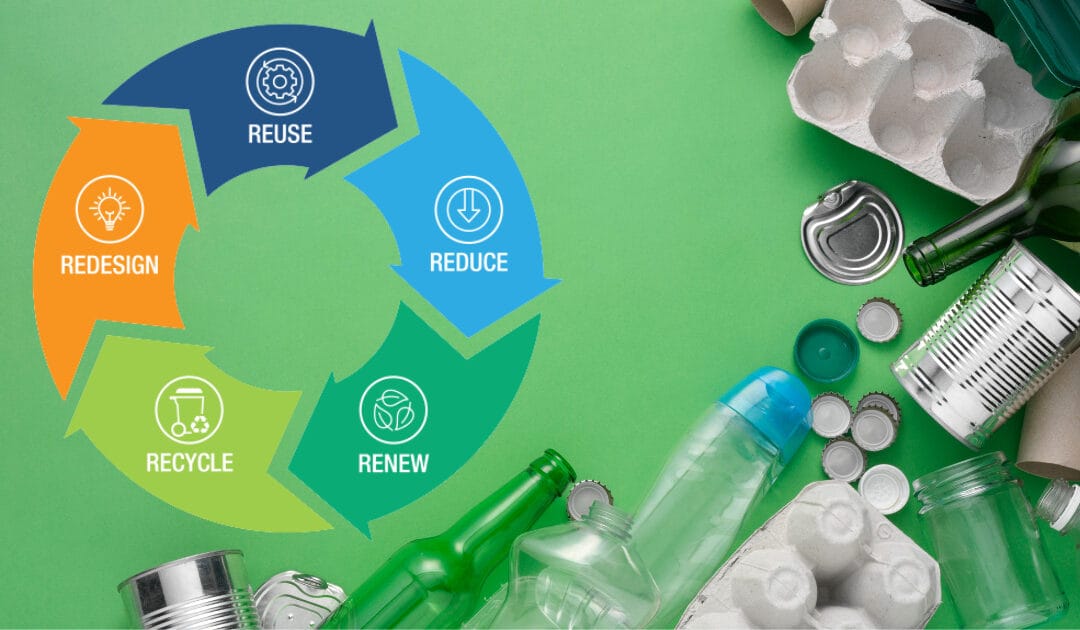
Lesson Plans on Refuse, Reduce, Reuse, Recycle, and Repair
A collection of lesson plans designed to educate students aged 6-8 on the principles of Refuse, Reduce, Reuse, Recycle, and Repair, promoting responsible waste management and environmental stewardship.
Building Claims from Evidence
This lesson engages students in constructing explanations and arguments based on evidence. Through analyzing photographs and participating in discussions, students practice making claims, supporting them with evidence, and applying scientific reasoning to connect evidence to their claims.
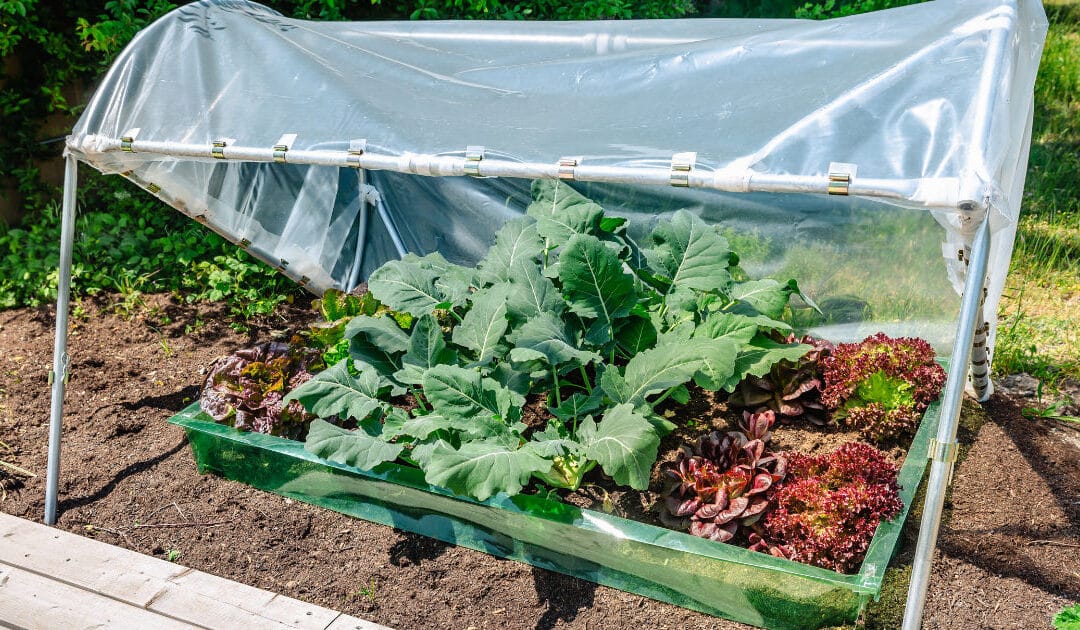
From Seed to Compost: Circulation of Matter in Nature
“From Seed to Compost: Circulation of Matter in Nature” is a comprehensive learning scenario for students aged 9 and above, focusing on the journey of food from production to waste management. Over seven learning units totalling approximately 10 hours and 50 minutes, students explore food origins, composting processes, and sustainable agriculture practices.
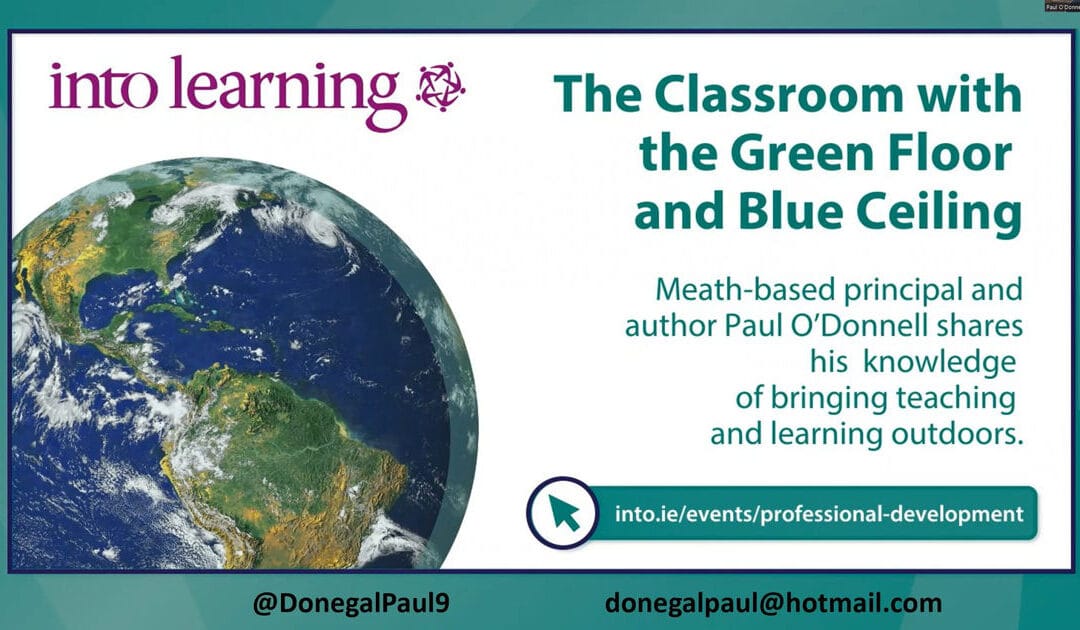
The Classroom with the Green Floor and the Blue Ceiling
This recorded webinar from the Irish National Teachers Organisation Learning series provides practical advice to teachers on how to bring teaching and learning outdoors. The webinar is hosted by a primary school Principal, Paul O’Donnel, who shares his passion and experience of teaching in the outdoors.
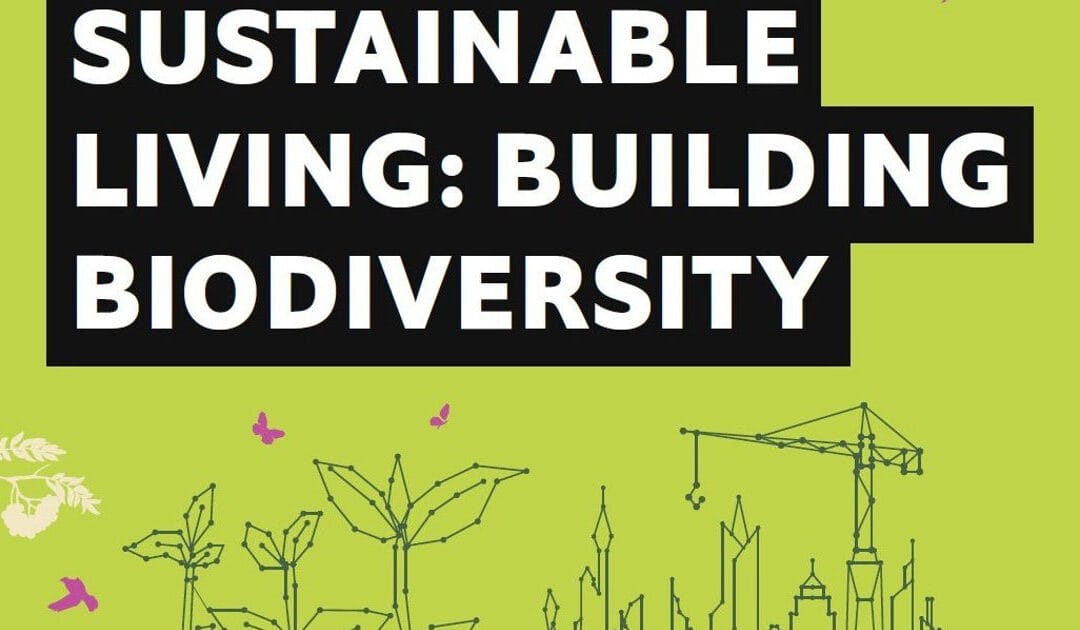
Building Biodiversity
Students explore people’s impact on biodiversity and generate solutions that meet people’s and nature’s needs. Use this one-hour Headline lesson to help your students:
– Explore statistics from the news about biodiversity
– Identify how people and nature have conflicting needs
– Create solutions by evaluating the positive and negative effects of various options.
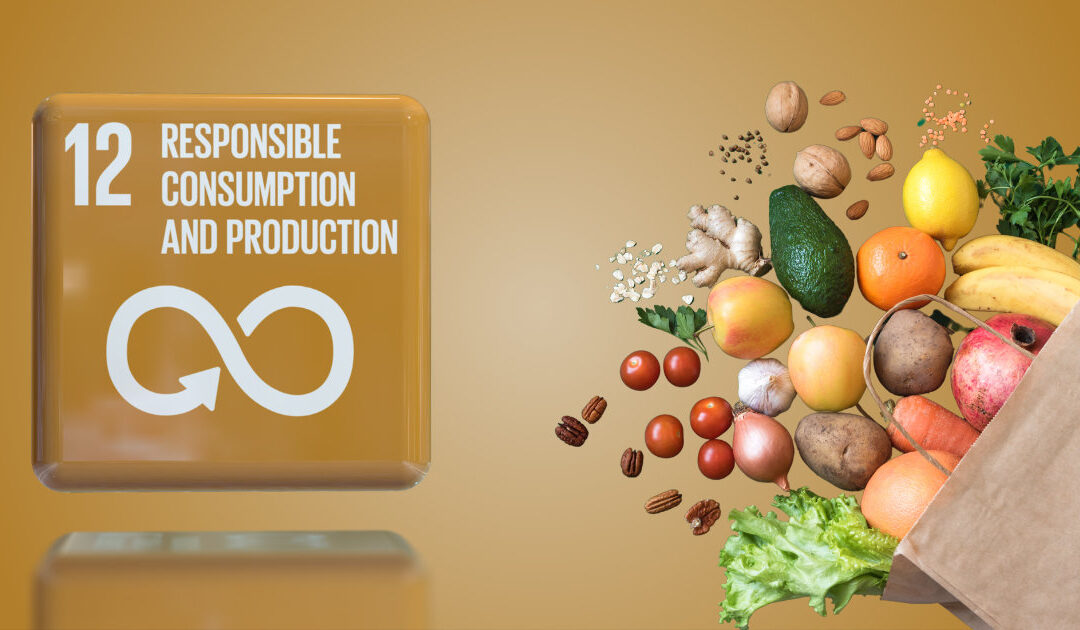
Lesson Plans on Sustainable Consumption
A collection of lesson plans designed to educate students aged 13-16 on sustainable consumption, focusing on understanding consumerism, differentiating between needs and wants, and promoting responsible consumption behaviours.
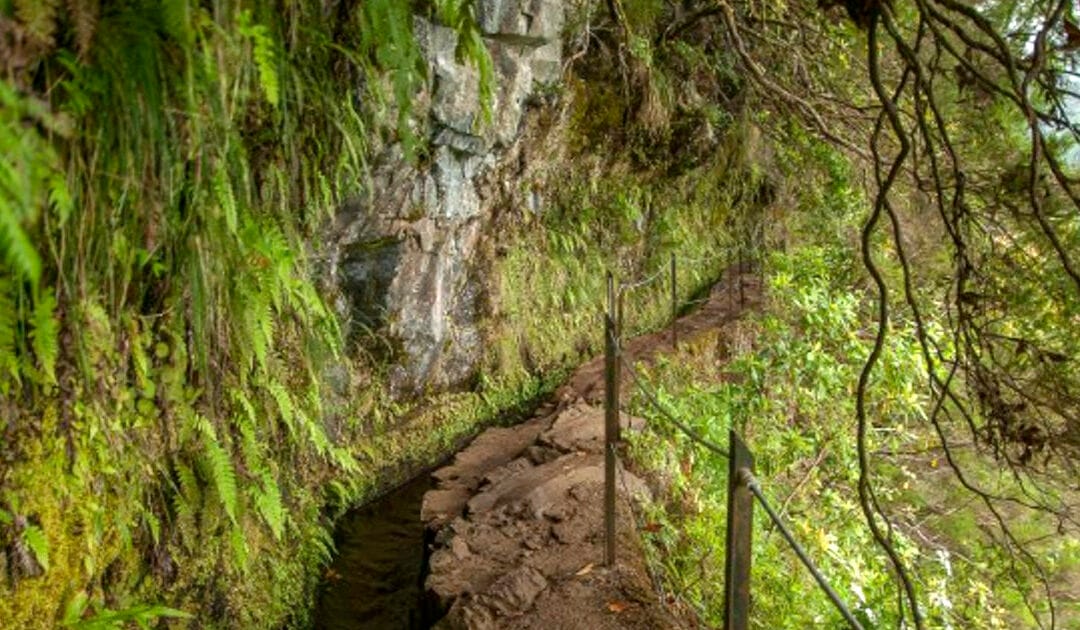
Creating a Science Trail
Science Trails are student-designed paths with stops that raise awareness on community-relevant topics. Teachers guide students in integrating subjects, exploring surroundings, engaging stakeholders, and creating stations that highlight the community’s uniqueness.
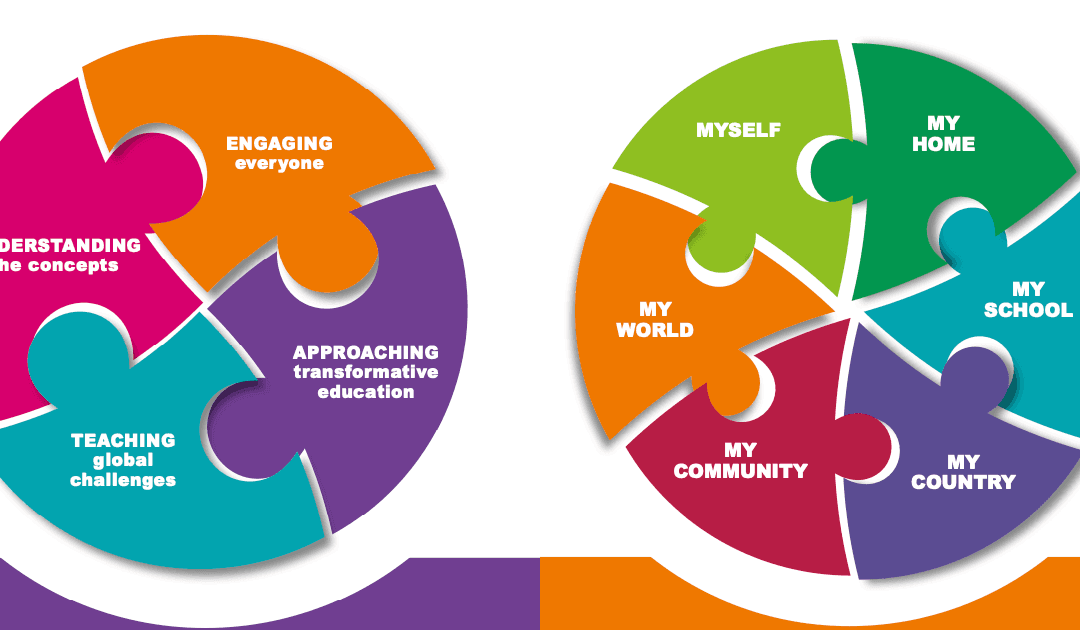
Schools in action, global citizens for sustainable development
The UNESCO Education for Sustainable Development for 2030 toolkit offers resources in priority areas like transforming learning environments. This resource includes guides for both teachers and students to facilitate this transformation.
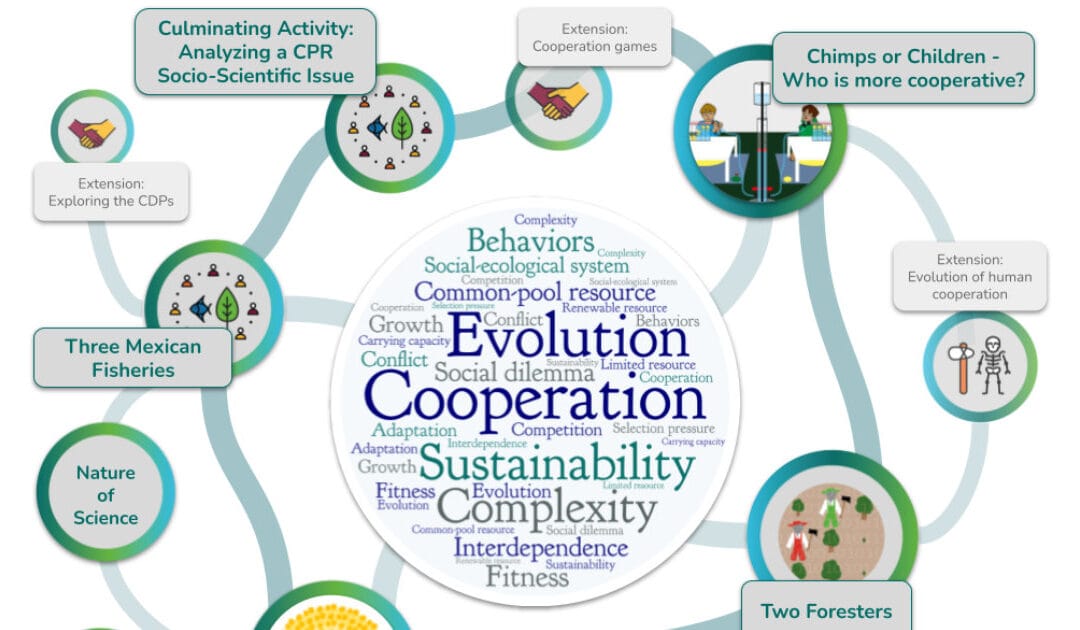
Evolution, Cooperation, & Sustainability
A collection of lessons that connect evolutionary thinking to the socio-scientific issues of human cooperation for sustainable resource use.
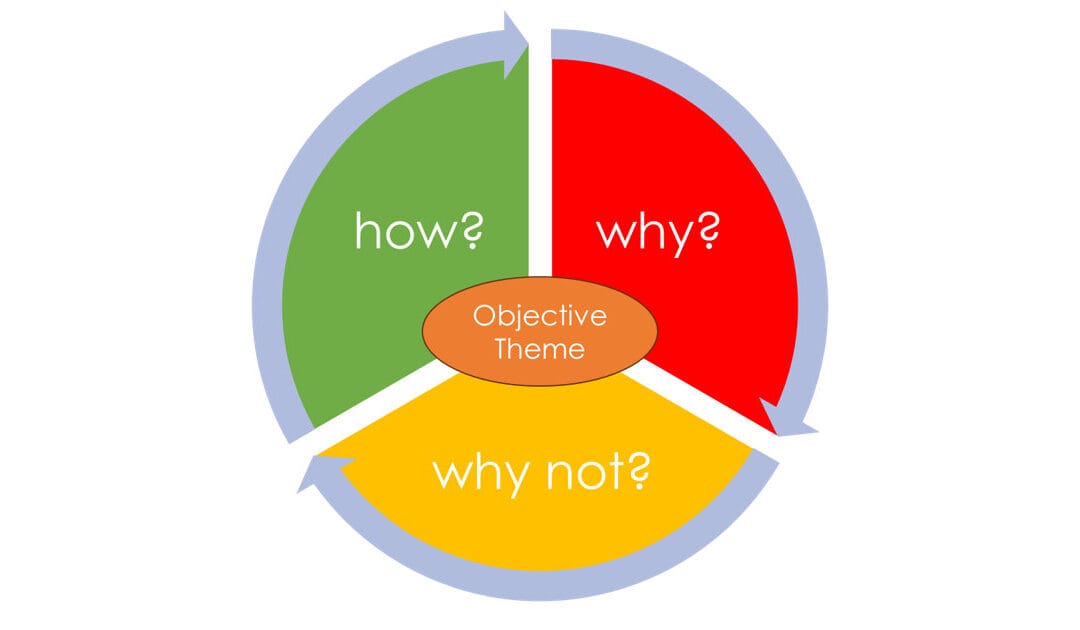
World Café – How to and Implementation Example
This self-learning guide introduces the World Café method for fostering participatory discussions in education. It provides structured steps, materials, and moderation tips for implementing classroom creativity. Teachers gain insights into facilitating knowledge exchange, promoting critical thinking, and designing interactive lessons. Printable resources support direct application in training and teaching contexts.
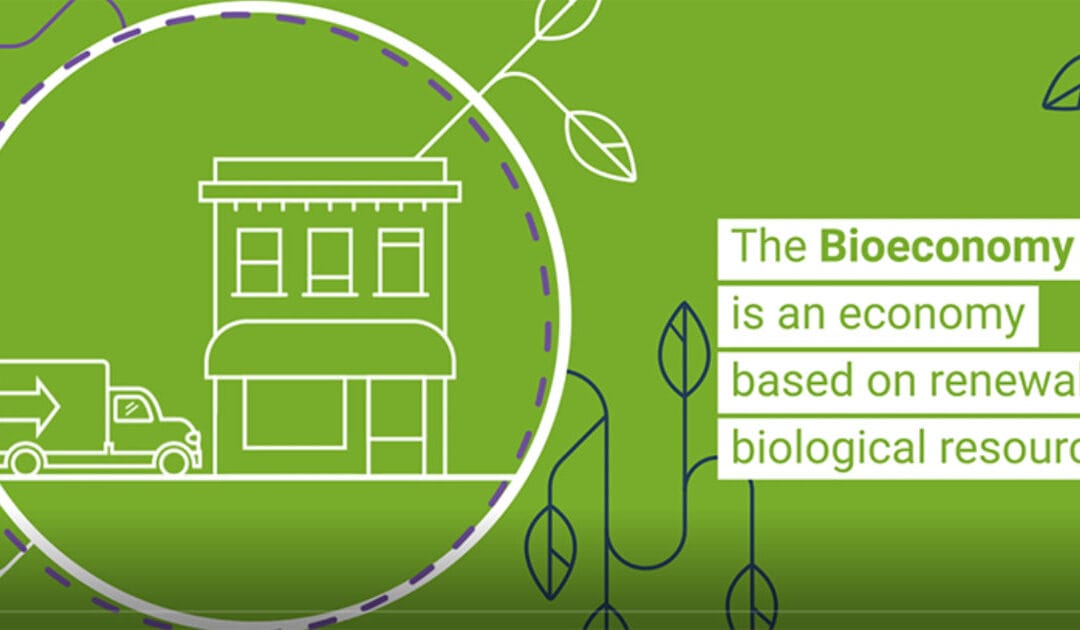
What is the Bioeconomy?
Human overconsumption of Earth’s natural resources is putting the planet under increasing stress. Fortunately, we all can do something to prevent the bleak predictions often seen in news headlines. Many of these solutions are a part of the Bioeconomy. This pack will introduce you and your students to the concept of the Bioeconomy.

